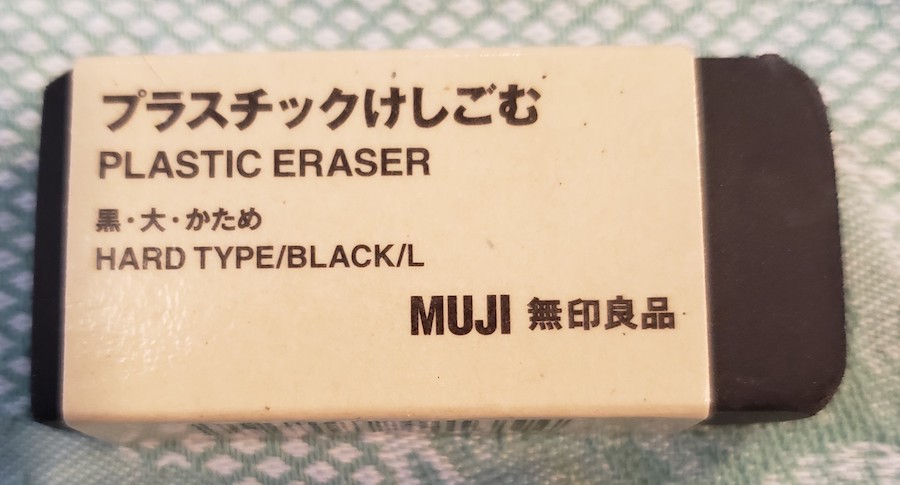Multiscriptal face writing
We've mentioned "kaomoji " before (see "Readings"), but only gave a few examples.
"Kaomoji 顔文字 ("face character / writing") is a Japanese term for more or less elaborate "drawings" composed of kana, characters, punctuation marks, and now letters and other symbols drawn from a wide range of writing systems. They can be quite fanciful, even florid. Some of them are exquisite, breathtakingly beautiful.
I hadn't seen many of them in the past, but in the last few days, Diana Shuheng Zhang started sending a bunch of them to me, and I found them utterly captivating, so I've decided to share some delightful kaomoji with Language Log readers.
Read the rest of this entry »




